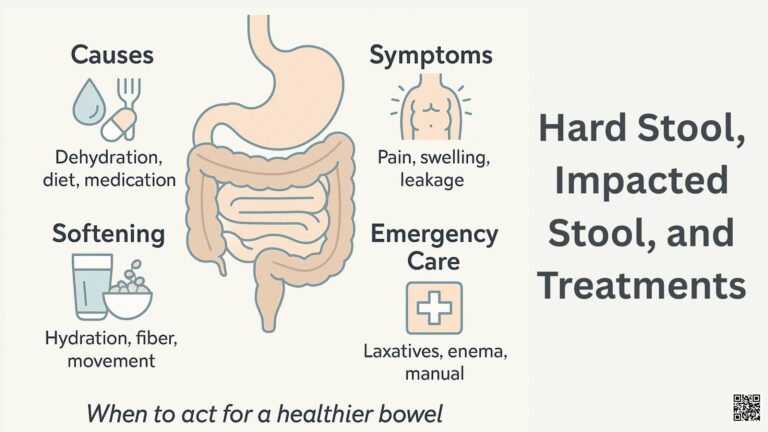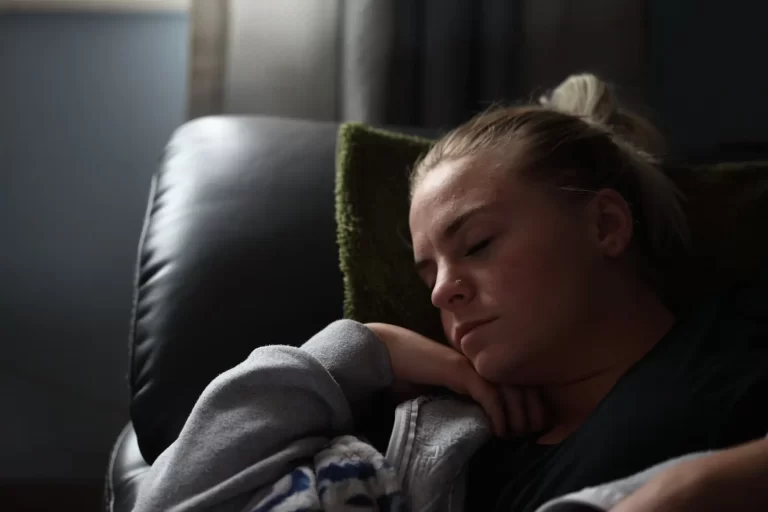Mental healthcare is no longer something people only think about during a crisis. More individuals and communities are shifting their focus to prevention, finding ways to support emotional wellness before stress, anxiety, or other concerns grow into something overwhelming. This new approach prioritizes building habits and resources that keep minds strong and resilient over time.
In many places, this shift is changing how professionals, workplaces, and even families approach mental health. From psychologists expanding their roles to community initiatives that normalize conversations around emotional well-being, the idea of “taking care of your mind” is finally becoming as common as eating healthy or going to the gym.

Psychologists and Early Detection
Psychologists are now seen as partners in maintaining mental health rather than just experts to turn to when things feel unmanageable. Regular screenings, open discussions about mood changes, and early interventions are helping people recognize when they might need extra support.
This shift is also reshaping the role of counselors. Many are finding they need to adapt to a world where clients expect proactive guidance on wellness, not just crisis management. To meet these expectations, counselors are turning to education that focuses on prevention and modern tools. Many are enrolling in CACREP accredited online counseling programs to gain skills in early intervention and community-based care. Online options are especially helpful because they allow professionals to study without pausing their current work or relocating. For a counselor juggling clients and personal commitments, online programs offer a way to grow their expertise on their terms.
Safe Spaces for Conversations
One of the most powerful ways to support preventive mental health is creating environments where people feel safe talking about their emotions. For many, admitting to stress, sadness, or worry is difficult without fear of judgment. Safe spaces, whether at school, in community centers, or even within families, allow people to share and seek help early.
Even workplaces or social groups that normalize mental health discussions can make a big difference. The goal is to send a clear message: talking about emotional well-being is healthy, not something to be ashamed of. When people know there’s no stigma attached, they’re far more likely to speak up before challenges escalate.
Community Stress Workshops
Stress is everywhere, and most people are never taught how to manage it. Community workshops offer a chance to learn practical skills like breathing techniques, time management strategies, and healthy coping mechanisms. Workshops are especially valuable because they give people tools they can use every day, long before they feel completely overwhelmed.
Hosting these events at libraries, schools, or local health centers also helps foster a sense of connection. Attendees often realize they’re not alone in their struggles, which in itself can be a source of relief. Over time, these workshops can create a ripple effect in communities, helping more people adopt proactive approaches to emotional health.
Regular Mental Health Check-Ins
Seeing a therapist or counselor doesn’t have to be reserved for times of crisis. Regular mental health check-ins are becoming more common as people understand the value of talking to a professional even when they feel okay. These sessions can help individuals reflect, identify small stressors, and build coping strategies for the future.
Think of it like going to a primary care doctor for an annual physical. You don’t wait until you’re seriously ill; you go to stay healthy. Similarly, mental health check-ins normalize the idea of caring for your emotional well-being as part of overall health.
Workplace Wellness Access
Offering wellness programs that include counseling services, stress management seminars, and even quiet spaces for breaks helps create an environment where people feel supported. These initiatives primarily benefit individuals while also contributing to higher productivity and overall morale.
For employees, having access to resources at work removes some of the barriers to seeking help. It sends a powerful message that taking care of your mental health isn’t a sign of weakness but part of being a thriving, effective person both in and out of the office.
Outdoor Activities for Refreshment
Spending time in nature has proven benefits for mental health, from lowering stress to improving focus. Encouraging outdoor activities like walking, biking, or even gardening gives people a simple yet powerful way to reset their minds.
Communities that promote green spaces, walking trails, and local parks make it easier for individuals to spend time outside. Even small daily habits like a 10-minute walk can help reduce anxiety and create a stronger sense of balance in day-to-day life.
Accessible Teletherapy Options
For many, traditional in-person therapy is not always practical. Teletherapy has changed that by making mental health support available from home. Video sessions, chat-based counseling, and even text check-ins allow people to connect with professionals in ways that fit their schedules and comfort levels.
This accessibility has opened doors for those who might have been hesitant to seek help before. It’s especially valuable for people in rural areas or with mobility challenges, making preventive care a realistic option instead of a luxury.
Better Sleep for Mental Clarity
Restorative sleep is one of the most overlooked aspects of mental health. Poor sleep can increase stress, affect mood, and make it harder to manage emotions. Focusing on sleep hygiene, like keeping a consistent bedtime, limiting screens before bed, and creating a calming nighttime routine, can have a huge impact on emotional well-being.
Communities and professionals are starting to highlight the link between sleep and mental clarity in preventive care. Apps that track sleep patterns or provide soothing sounds for rest are helping people prioritize this key area of health.
Taking Digital Breaks
Constant notifications and screen time can adversely affect mental health. Encouraging regular breaks from digital devices allows people to step back, recharge, and reconnect with the world around them.
Digital detox practices, even short ones like turning off your phone for an hour each evening, help create boundaries that support mental balance. This habit is gaining traction as more people realize they don’t need to be “on” 24/7 to stay connected.
Screenings for Early Intervention
Preventive screenings for anxiety and depression are becoming more common in schools, workplaces, and health clinics. Simple check-ins can identify early signs of mental health challenges, allowing individuals to seek support before issues grow more serious.
Making screenings a routine part of wellness programs also reduces stigma. When mental health assessments are treated like blood pressure checks, it normalizes the idea that caring for your mind is as standard as caring for your body.
Community Collaboration Against Stigma
Communities play a huge role in shaping how people view mental health. Collaborative efforts like awareness campaigns, public talks, and support groups help break down harmful stereotypes and make it easier for individuals to seek help.
When people see neighbors, leaders, and peers speaking openly about mental well-being, it fosters a culture where preventive practices are welcomed and encouraged.
Preventive mental health practices focus on healthier, more balanced living. From workplace programs to teletherapy and community-led initiatives, the focus is moving to proactive support rather than waiting for a crisis.
Source: Dr Gina Sam MD






